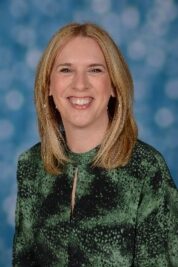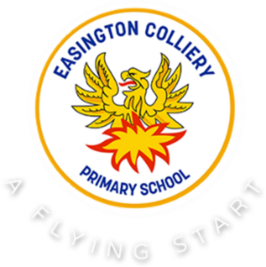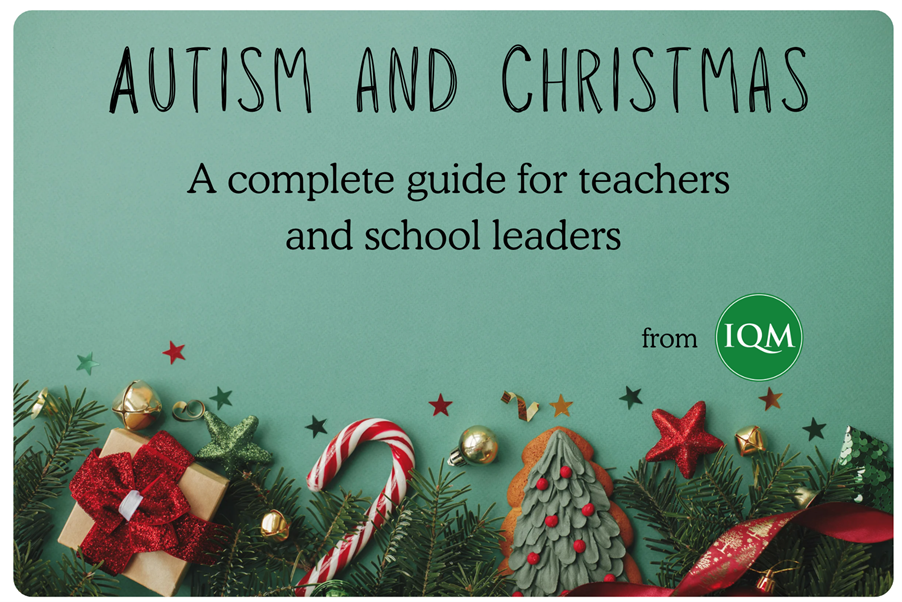Who is IQM?
IQM is the only national inclusion award in the UK. For over 20 years and in over 20 countries, schools, MATs and Local Authorities use the Inclusion Quality Mark to recognise exemplary inclusive practice.
Get in touch for your FREE school information pack today.
Creating a Nurture Hub in a Primary School
December 19, 2024
IQM Guest Writer
Amy Marshall – Assistant Headteacher and SENCO of Easington Colliery Primary School
Presentation Slides from Amy’s Webinar
“Nurture groups can be a useful tool in supporting and developing children, who are presenting with SEMH needs. The impact of this recognised and evidence-based approach, for the young people who attend, can be significant and wide ranging.”



I have been a teacher since 1999 and a school leader for almost 20 years. I have primarily worked in East Durham in schools with a high level of deprivation.
In the last 6 years, I have been working as an assistant headteacher at Easington Colliery Primary School, which is the largest primary school in County Durham. Within that role I have responsibility for SEND, pupil premium and I am a DSL.
Easington Colliery Primary School has always had the ability to work with more challenging pupils. Those young people that are hard to reach and more difficult to engage. There is a strong ethos of belonging and family, which worked for the vast majority of our young people.
About 5 years ago there were, however, a few that we just couldn’t seem to affect and one in particular, that despite all of our usual approaches, remained on the fringes of the school. The child had suffered significant trauma, was a child looked after and was clearly in a state of hyper vigilance a great deal of the time. He would present as aggressive, angry, and was both physically and verbally abusive to staff and pupils.
As a school we could see that beneath it all, he was frightened and unable to form secure attachments with people. We looked into other approaches and through Durham Local Authority, accessed nurture training. The training provided us with how to set up a nurture group following the Nurture UK model. Two teaching assistants were trained and a few months later we set up our first nurture group, and planned it around the child we were struggling to engage.
Nurture groups began in 1969 and were created by Marjorie Boxall, an educational psychologist in response to larger numbers of young children starting school with sever social, emotional, and behavioural difficulties in inner city London. It is based upon attachment theory. The nurture groups were very successful and became a recognised, evidence-based approach. They are still seen as an important tool that can be used for children with an SEMH need.
“The Department for Education and Local Authorities should take into account the substantial value of well-led and well-taught nurture groups when considering policies and guidance on early intervention for pupils with behavioural, emotional and social needs.” (Ofsted 2011)
Nurture Groups are based upon six principles:
- Children’s learning is understood developmentally.
- The classroom offers a safe base.
- The importance of transitions in children’s lives.
- All behaviour is communication.
- Language is a vital means of communication.
- The importance of nurture for the development of wellbeing.
A nurture group can have up to 12 pupils and they attend 3 sessions of at least 2 hours. The children can attend the group for up to 4 terms. The children are assessed using a Boxall profile before they join the group, to identify developmental gaps. This is to support planning. The Boxall profile is used termly to assess progress. Once a child has completed the 4 terms or if they have made progress earlier, they “graduate” and return to their class full time.
A session is carefully structured and follows the same predictable routine which can include.
- Meet and Greet
- Curriculum time
- Snack time
- Circle time
- Nurture focussed task
- Reflection time
- Choice time
The outcomes for pupils who attend a nurture group can be phenomenal and for the child that led us to this approach, it completely changed his experience of school. He was able to access learning within the classroom, he had good friendships, and he was able to understand and use positive strategies to regulate himself. Above all, he had a sense of belonging and felt part of our school family.
Nurture UK reports the following outcomes for nurture groups:
- They develop children’s confidence and self-esteem.
- Children become better at managing their emotions, emphasis with others and form more positive relationships with peers and teachers.
- Children enjoy school more and overall attendance increases.
- Academic performance increases.
- Behaviour improves and there is a reduction in suspensions.
Since our first group, we have been running nurture for a further 5 years and last year we opened up our offer to local schools as part of a Local Authority funded project. This has led to an uptake in training across Durham Local Authority and has prevented pupils accessing higher tier services such as PRUs.
Other Posts

About IQM
The only national award for inclusion in the UK, IQM has been committed to recognising exemplary inclusive schools for over 20 years and in over 20 countries around the world. The three awards allow schools and organisations to celebrate their inclusive practice against nationally recognised framework.
Site Links
© 2026 Inclusion Quality Mark | website developed & cared for by digidoda


